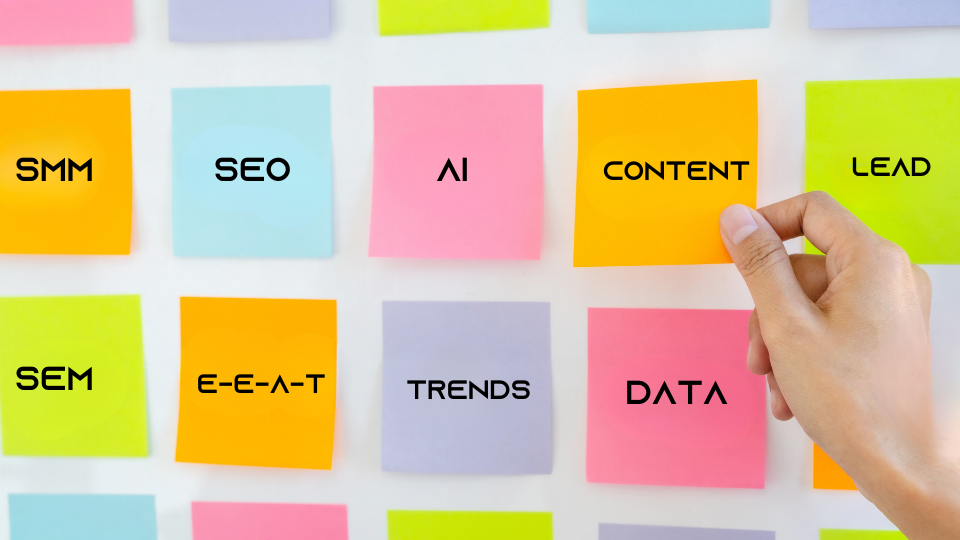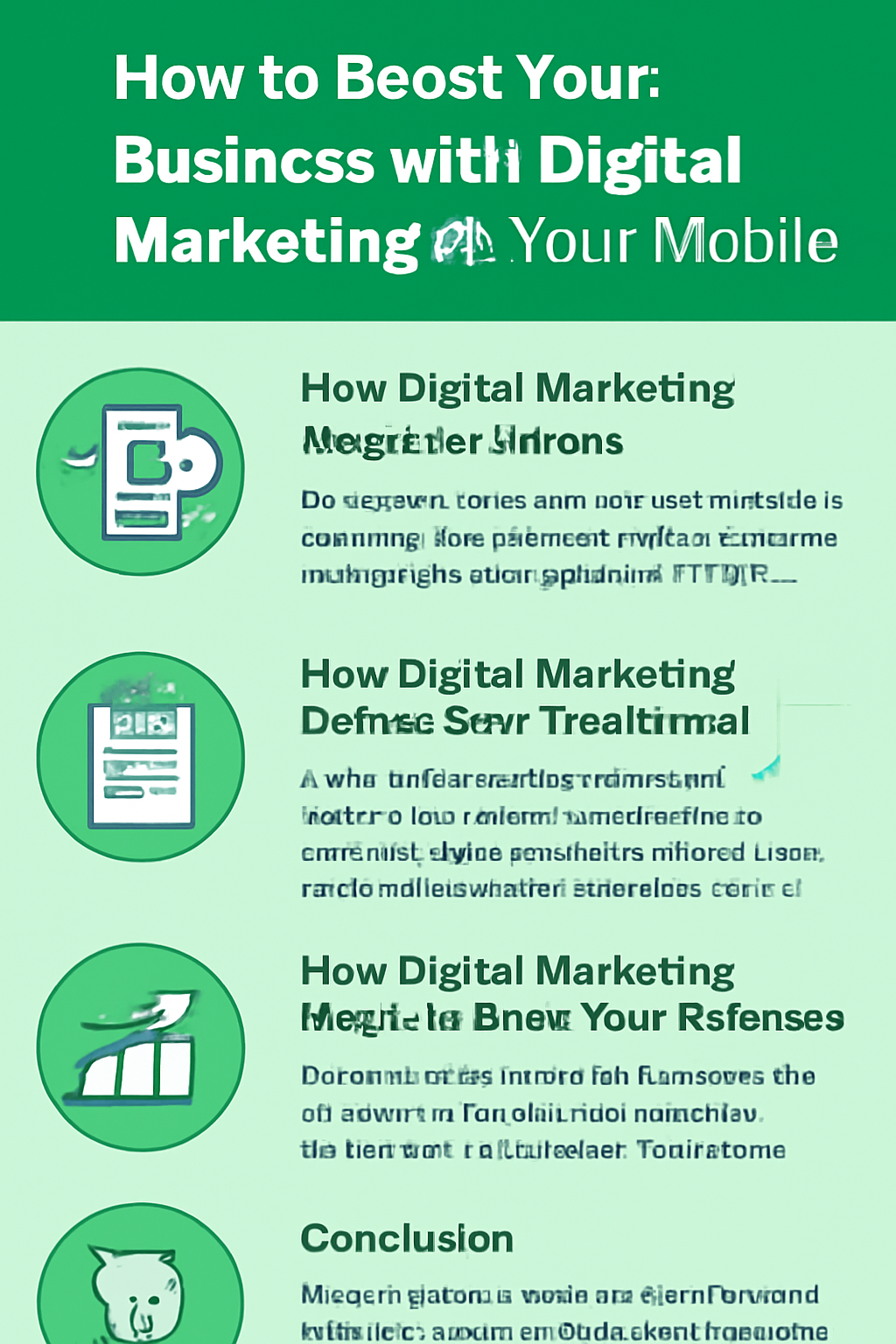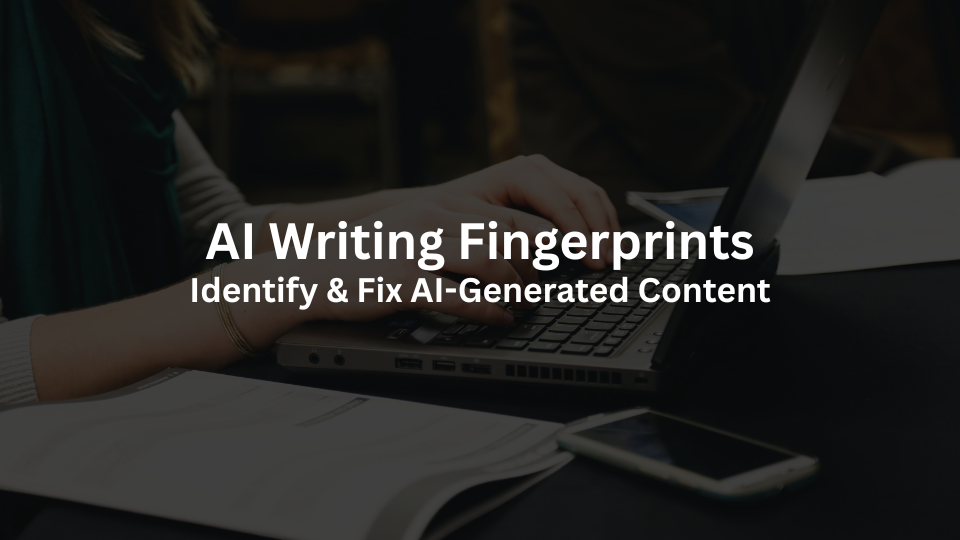What will content marketing look like in 2025? Where is the industry heading? Will AI continue to dominate content creation?
Content marketing remains a powerful tool for educating audiences, building authentic connections, and driving conversions. In fact, 39% of enterprise marketers anticipate an increase in their marketing budgets compared to 2024.
What Lies Ahead for Content Marketing in 2025?
This guide explores the future of content marketing, the biggest trends shaping the industry today, and key predictions for the coming year.
Key Takeaways
- Zero-click searches dominate: 58.5% of all US Google searches result in no clicks. Ranking for featured snippets and AI-generated answers is crucial.
- AI’s role evolves: AI will continue to shape content marketing, expanding beyond content creation to workflow automation and data analysis.
- Omni channel content optimization: Brands must optimize content for diverse platforms beyond traditional search engines.
- E-E-A-T is essential: Experience, Expertise, Authoritativeness, and Trustworthiness help brands stand out amid AI-generated content.
- Short-form videos remain king: Platforms like TikTok, YouTube Shorts, and Instagram Reels will continue driving engagement.
- Diverse content formats are key: Marketers must experiment with interactive content, podcasts, infographics, and e-books.
Content Marketing Trends Shaping 2025

1. Zero-Click Searches Are Transforming SEO
Search engines are prioritizing keeping users on their platforms rather than directing them to external websites. A study by SparkToro found that only 36% of 1,000 Google searches led to a non-Google-owned site.
To compete, brands must optimize for zero-click search results, including:
- Featured snippets (concise answers displayed at the top of search results)
- AI-generated summaries (Google’s Search Generative Experience, Bing Copilot, etc.)
- Knowledge panels (Google’s quick-reference boxes)
- People Also Ask (PAA) sections
How to rank for zero-click searches:
- Use schema markup to structure data for search engines.
- Provide direct, well-formatted answers to common questions.
- Optimize content for voice search and conversational queries.
2. E-E-A-T Helps Combat AI-Generated Spam
With AI flooding the web with content, E-E-A-T (Experience, Expertise, Authoritativeness, and Trustworthiness) is critical for search rankings and user trust. Google’s quality raters prioritize these factors to determine content credibility.
Strategies to improve E-E-A-T:
- Author credibility: Feature expert bios, credentials, and bylines.
- Cite authoritative sources: Link to high-quality, reputable websites.
- Update content regularly: Ensure accuracy and relevance.
- Collaborate with industry experts: Include expert quotes or guest contributions.
3. AI Is Reshaping Content Workflows
AI is no longer just about generating blog posts—it’s enhancing efficiency and optimizing marketing strategies. 43% of marketers now use AI for automating workflows, according to Mailchimp.
How AI enhances content marketing:
- Idea generation: AI tools suggest trending topics and content gaps.
- Keyword clustering: Grouping related keywords for better SEO optimization.
- Content performance analysis: AI predicts which content will perform best.
- Automating repetitive tasks: Transcribing meeting notes, summarizing content, and scheduling social posts.
4. Short-Form Video Continues to Dominate
Short-form video is the #1 content format for engagement and ROI, per HubSpot. Social platforms are prioritizing bite-sized content due to its high retention and shareability.
Effective ways to leverage short-form videos:
- Educational content: Quick tutorials and how-to guides.
- Behind-the-scenes content: Humanize your brand with office tours, team introductions, and event highlights.
- User-generated content: Feature customer testimonials and product reviews.
- Trend-based content: React to viral challenges and trending topics.
5. AI-Powered Data Analysis Will Drive Strategy
AI is becoming essential for handling and interpreting large datasets. Marketers can leverage AI to gain deeper insights into audience behavior, optimize content strategies, and personalize user experiences.
Example: Universal Technical Institute used AI to identify nearby cities for SEO-optimized local content, boosting search rankings across 200+ locations.
6. Omni channel Optimization Is More Important Than Ever
While Google remains dominant, consumers now search across multiple platforms, including:
- Reddit & Quora (community-driven insights)
- Amazon & TikTok Search (e-commerce discovery)
- AI chatbots like ChatGPT (answer engine optimization)
How to optimize for omni channel discovery:
- Customize content for each platform’s unique algorithm and audience.
- Maintain brand consistency across channels.
- Engage with users through interactive content and direct responses.
7. Personalization Is a Competitive Advantage
Consumers crave personalized experiences. 50% of users worry about losing human connection in AI-driven interactions.
Benefits of personalized content:
- Personalized CTAs convert 202% better than generic ones.
- AI-powered recommendation engines (e.g., Netflix, Spotify) increase engagement.
- Brands like Fitbod analyze user data to tailor fitness recommendations.
8. Exploring Diverse Content Formats
Diversifying content formats enhances audience engagement and boosts backlink potential.
Underutilized content types to explore:
- Webinars & live streams: Build community engagement.
- E-books & whitepapers: Showcase industry expertise.
- Infographics: Drive social shares and backlinks.
- Podcasts: Reach niche audiences through audio content.
- Quizzes & interactive tools: Gather customer insights and boost engagement.
FAQ: The Future of Content Marketing
Why Is Content Marketing Booming?
Content marketing is thriving because it prioritizes engagement over direct selling. Providing valuable, relevant content establishes brands as industry leaders and fosters consumer trust.
How Is Content Marketing Evolving?
Previously, long-form content dominated SEO. Today, content marketing is shifting towards audience engagement, concise formats, and platform-specific strategies (e.g., short-form videos and interactive content).
How Does AI Impact Content Marketing?
AI is transforming content marketing by automating content creation, optimizing workflows, and analyzing user data for personalization. However, brands must ensure content quality, accuracy, and human touch to stand out.
Final Thoughts
Content marketing in 2025 will be shaped by AI advancements, omni channel optimization, personalization, and evolving SEO strategies. To stay ahead, brands must prioritize E-E-A-T, adapt to zero-click search trends, leverage short-form videos, and explore new content formats.
By embracing these shifts, marketers can create compelling, trustworthy, and high-performing content that drives lasting engagement and conversions.




